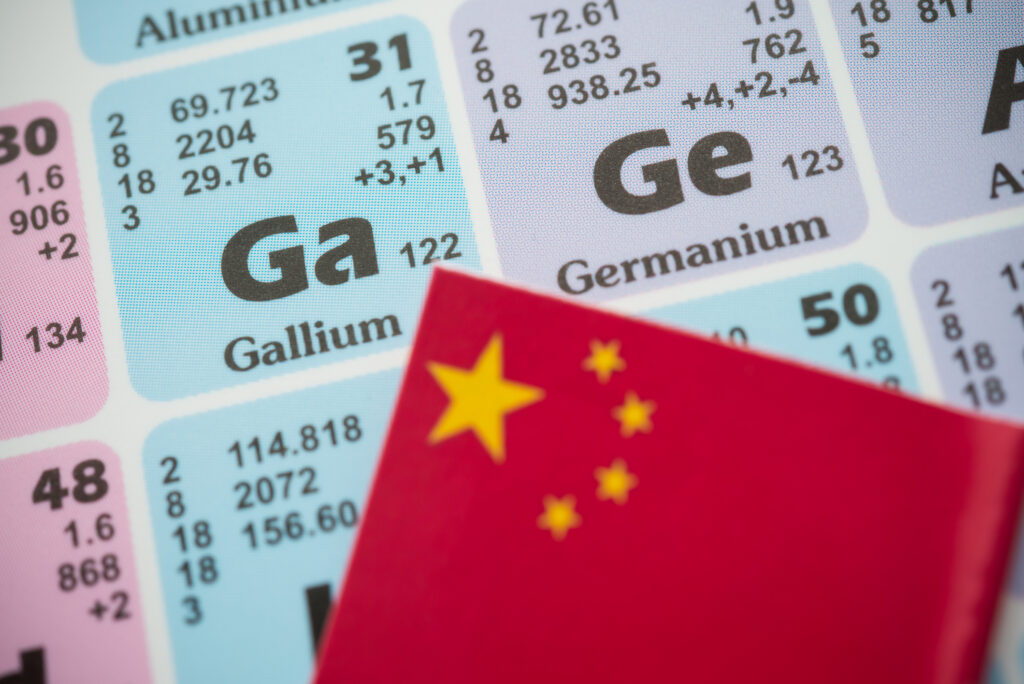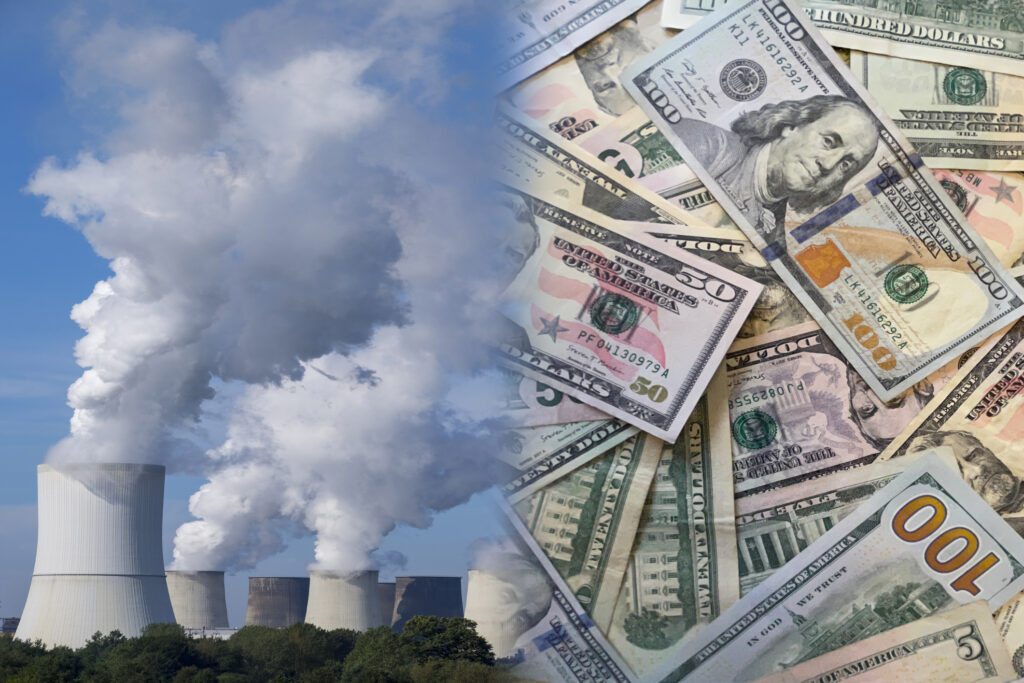Europe is particularly well suited for the development and use of natural-gas resources because of its large market, established pipeline infrastructure, increasing demand for energy, and its current dependence on natural-gas imports.
Issues surrounding shale liquids and gas development in Europe are substantially different from those encountered in North America. In Europe, population density is high, and local authorities have a significant amount of power to control land use. Also, mineral rights typically belong to European governments, which means hydrocarbon production offers few benefits to landowners and local communities. Large-scale development often only takes place when communities and the public see risks as minimal and where some benefits will filter down to the community.
As a result of these issues, despite the large market and high energy prices, shale gas exploration is in its infancy in Europe. The first exploratory well was drilled in Scotland in 2005, and since then, shale-specific exploratory drilling has been limited to only seven countries: Bulgaria, Denmark, Germany, Poland, Romania, Sweden, and the United Kingdom.
In total, about 128 exploration and appraisal wells with a shale gas exploration component have been drilled in Europe. Thirty-two of these wells are shallow gas tests that were drilled in Sweden. In Lithuania, Poland, and the United Kingdom, a total of eight wells have been drilled to extract oil and/or condensate-rich gas.
Opposition at the grassroots level to hydraulic fracturing and shale oil and gas exploration remains strong throughout the continent, and major protests have taken place in the United Kingdom and Romania to block attempts to expand exploration. Public pressure has resulted in moratoria being placed on shale gas exploration and production in Bulgaria and Germany—which had previously allowed some preliminary exploration—as well as in the Czech Republic, France, and the Netherlands—where no fracking attempts have taken place.
European Governments Push Exploration
Despite these setbacks, the Parliament of the European Union and some national governments are working to encourage exploration. For instance, the Spanish government has moved to explicitly legalize hydraulic fracturing. On August 13, 2015, the United Kingdom announced its new measures designed to fast-track shale gas planning applications through a new dedicated planning process that has the power to deny town councils or county councils the right to decide fracking applications. The United Kingdom’s positive attitude toward fracking has already resulted in a number of major petroleum companies seeking to acquire acreage with shale gas potential in anticipation of approved exploration and production.
Within the European Union, both the Lisbon Treaty and the Energy Treaty Charter recognize states’ sovereignty over their use of energy resources. On January 22, 2014, the European Commission adopted and published a non-binding “Recommendation and Communication” for its Shale Gas Enabling Framework. The European Union’s Recommendation Communication proposes each member-state adopt an integrated approach to the granting of permits, require risk assessments for potential drilling sites, and require operators to adopt best practices.
Some European politicians and companies point out shale gas oil production in the United States has created jobs and brought about low oil and natural gas prices when compared to prices in Europe. Some companies are even considering relocating to North America. German-based BASF, the world’s largest chemical company, has redirected chemicals production away from Europe and in favor of the U.S. Gulf Coast in order to take advantage of the low natural-gas prices resulting from shale gas production.
Many European politicians, especially in Eastern Europe, are expressing a desire to attain greater energy independence, and the recent political upheaval in Ukraine has added to these concerns.
Initial Exploration ‘Not Favorable’
In regions where exploration has already begun, geological findings have not proved to be favorable for a variety of reasons, including the low-carbon content in the geological formation, which indicates that at most, only a small amount of oil and gas may exist.
For instance, interest in exploring for shale gas deposits in Poland has decreased significantly since 2013. Of 121 shale gas and shale liquid concessions awarded in Poland to date, 90 have been relinquished. Chevron, ConocoPhillips, Eni, ExxonMobil, Marathon, Talisman, and Total have all withdrawn from Poland, largely because the geology has proven unexpectedly unfavorable.
The United Kingdom has enjoyed favorable geological findings and it has a relatively favorable regulatory regime for hydraulic fracturing—at least, at present. New rules for hydraulic fracturing in England and Wales were laid out in the U.K. Infrastructure Act of 2015. These rules establish clear criteria for the types and timing of required risk and environmental impact analyses, as well as which areas are off-limits for fracking operations. Special allowances are also provided by the rules to account for exceptional circumstances.
Also part of the new measures are provisions made for when local planning commissions refuse to allow exploration or development for shale gas. When this occurs, these cases under the rules must be treated as a priority requiring urgent resolution, and councils that repeatedly accept or reject oil and gas permit applications within the 16-week statutory timeframe will be identified. Applications to such underperforming local planning authorities may be decided by the Secretary of State for Community and Local Government instead.
Jay Lehr, Ph.D. ([email protected]) is science director of The Heartland Institute. Ken Chew, Ph.D. ([email protected]) is an independent analyst of unconventional oil and gas resources. This article is adapted from material contained in the Renewable Energy and Shale Gas Encyclopedia, published by Wiley in 2016.





